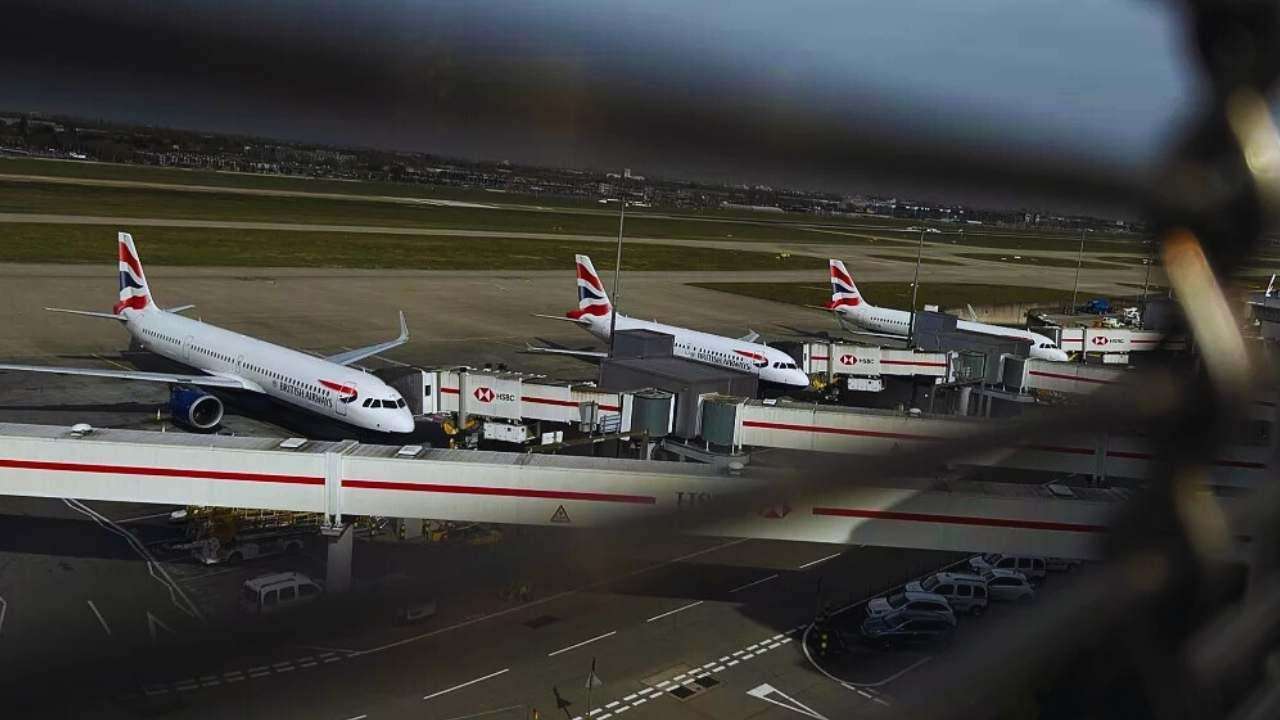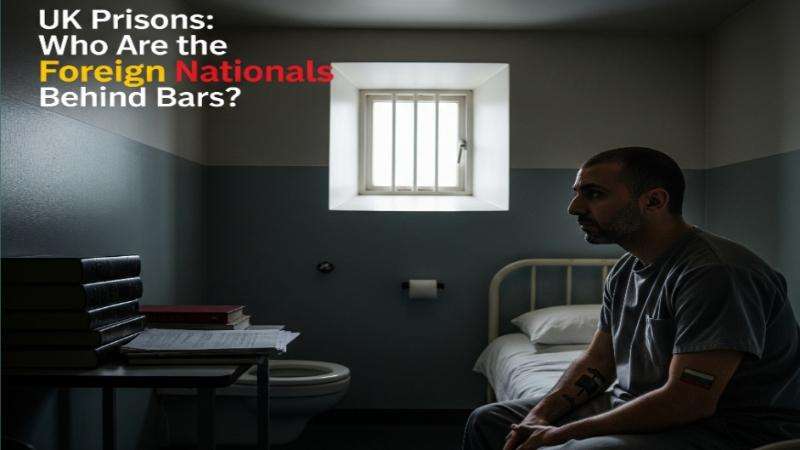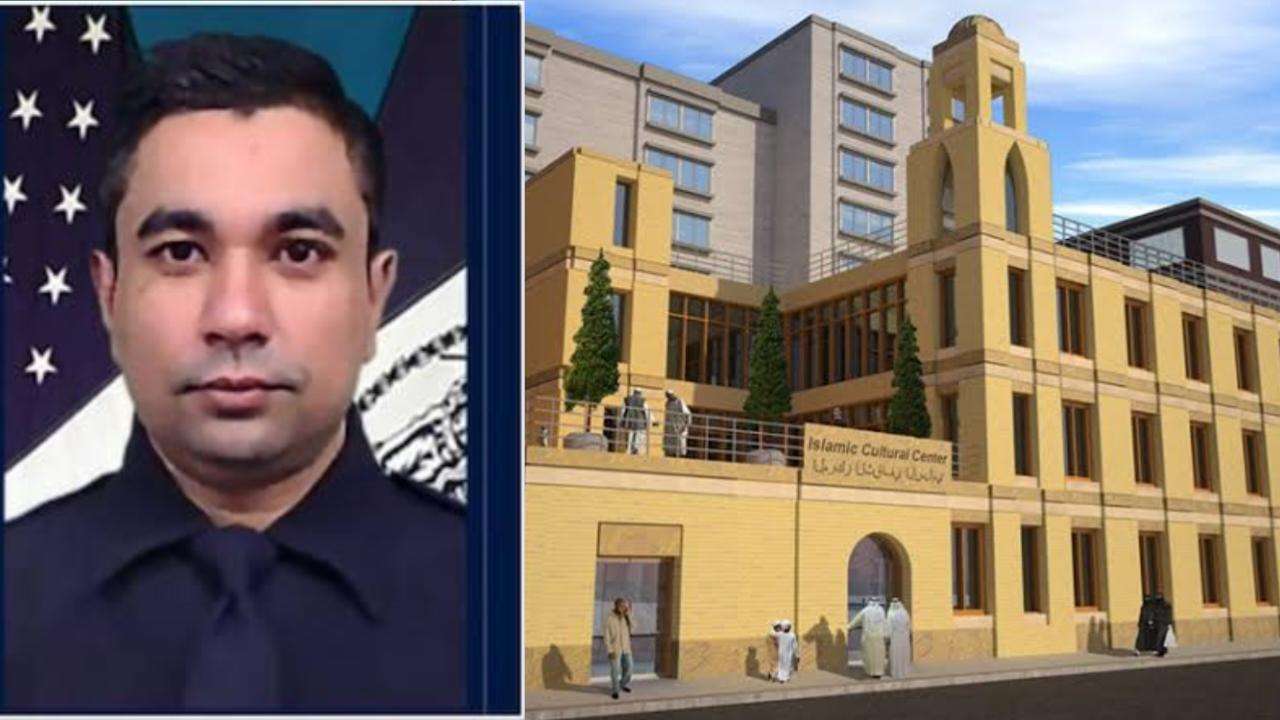Despite India has squeezed the visa process in Bangladesh after the ungracious departure of the former Bangladesh dictator Prime Minister Sheikh Hasina on August 5, 2024, Bangladesh still topped the list of tourist arrivals in India during the January-October period of the last calendrer year 2024, followed by the USA, the UK, Canada and Australia, according to the data of the Indian Tourism Board, according to the Research and Analytics (R&A) Division of the Ministry of Tourism of India.
According to the data, 20.1 percent out of total tourists visited India, last year, flowed by USA citizens, 10.05 per cent UK citizens and 4.48 per cent Canadian and 4.37 per cent Australian citizens visited India.
According to available data, some 1543800 Bangladeshis visited India during the January-October period of the last calendrer year.
However, as India slowed the visa process in Bangladesh since July, 2024, Bangladesh lost the position to the USA in terms of tourist arrivals during the month of October, 2024 on political, strategic and security grounds.
USA citizens toped the position of tourist arrivals with 16.40 per cent followed by 15.66 per cent Bangladeshis, 11.39 per cent UK citizens, 5.06 per cent Canadian citizens and 5.21 per cent Australian citizens visited India.
Sources in Dhaka, New Delhi, Kolkata, Mumbai, Chennai, Guwahati and Agartola said that the number of Indians getting visas has also dropped during the last six months. The number of Indians seeking Bangladesh visas also dropped during the same period.
Foreign tourist arrivals (FTAs) in India in October, 2024 recorded at 8,20,294 as compared to 8,32,233 in October, 2023 and 9,45,017 in October, 2019 registering a growth of -1.4% and -13.2% with respect to 2023 and 2019 respectively.
FTAs during the period January-October, 2024 recorded at 76,80,628 as compared to 74,70,383 in January-October 2023 and 86,11,517 in January-October, 2019 registering a growth of 2.8% and -10.8% with respect to 2023 and 2019 respectively.
Foreign exchange earnings (FEEs) during the month of October 2024 recorded at Rs.25,010 crores as compared to Rs.19,008 crores in October 2023 and Rs.17,623 Crore in October, 2019 registering a growth of 31.58% and 41.92% with respect to 2023 and 2019 respectively.
FEEs of India in US$ terms during the month of October 2024 recorded at US$ 2.976 billion as compared to FEEs of US$ 2.284 billion during the month of October 2023 and US$ 2.474 billion in October, 2019 registering a growth of 30.30% and 20.29% with respect to 2023 and 2019 respectively.
FEEs during the period January-October 2024 recorded at Rs.2,16,759 crores as compared to Rs.1,85,668 crores in January-October 2023 and Rs.1,73,222 crore in January-October, 2019 registering a growth of 16.75% and 25.13% with respect to 2023 and 2019 respectively.
FEE during the period January- October 2024 recorded at US$ 25.973 billion as compared to US$ 22.523 billion in January- October 2023 and US$ 24.650 billion January- October 2019 registering a growth of 15.32% and 5.37% with respect to 2023 and 2019 respectively.
In the changed environment after the ungracious departure of the former Bangladesh dictator Prime Minister Sheikh Hasina, Bangladesh’s multilateral engagements with Pakistan have increased as against slightly less engagement with neighboring India, sources in Dhaka, New Delhi, Kolkata, Mumbai, Chennai, Guwahati, Agartala, Islamabad and Karachi.
During the last 15 years, Bangladesh missions in Pakistan issued the lowest number of visas to Pakistani citizens at the instruction of the party in power and intervention of neighboring country.
Meanwhile, Bangladesh has simplified the visa process for Pakistanis, with an objective to further strengthen trade and economic relations, according to the Pakistan newspapers.
While speaking to business community here at the Lahore Chamber of Commerce & Industry on Saturday, High Commissioner of Bangladesh to Pakistan Iqbal Hussain has said the present government in Bangladesh has removed the need for clearance from Dhaka for Pakistani heads of missions while issuing visa. He said that increasing trade and investment between the two countries must be a top priority to move forward. He stressed collaboration with LCCI to achieve this goal.
Mr Hussain stated Bangladeshi government is eager to improve relations with Pakistan, which had been less than satisfactory over the past decade. He said Bangladesh, with its population of 180 million, represents a significant consumer market that Pakistan has the potential to tap. The diplomat said the trade potential between the two countries remains largely untapped, and Pakistan has the capacity to capitalise on it.
He also mentioned the efforts of Dr Mohammad Yunus, the chief adviser to Bangladesh’s interim government, for regional cooperation. He called for greater collaboration between South Asian countries and stressed the importance of revitalising the South Asian Association for Regional Cooperation (Saarc) to enhance regional trade and cooperation. Despite growing regional cooperation globally, South Asia still faces challenges which require collective efforts to overcome.
The High Commissioner said that it is the responsibility of both countries to create opportunities for the current generation and remove obstacles to mutual trade and cooperation. He said LCCI has an influential role in fostering increased trade and investment between Pakistan and Bangladesh.
He also reflected on the lessons learned from the Covid-19 pandemic and how it underscored the importance of international cooperation, stating, “It is essential to recognise that nations must collaborate in times of crisis to keep trade flowing smoothly,” he added.
LCCI President Mian Abuzar Shad shared data indicating that two-way trade between Pakistan and Bangladesh amounted to $718 million during the fiscal year 2023-24.
“Pakistan’s exports to Bangladesh were valued at $661m, while imports from Bangladesh stood at $57m. The first five months of the 2024 fiscal year (July-November) saw exports to Bangladesh increase to $314m, while imports from Bangladesh remained low at $31m,” he explained.
Meanwhile, the Federation of Pakistan Chambers of Commerce and Industry (FPCCI) and the Federation of Bangladesh Chambers of Commerce and Industries (FBCCI) have signed a Memorandum of Understanding (MoU) to establish the Pakistan-Bangladesh Joint Business Council (JBC). This initiative aims to strengthen bilateral trade relations following recent political changes in Bangladesh.
The FPCCI president, Atif Ikram Sheikh, highlighted that a Pakistani trade delegation led by the FPCCI participated in the Bangladesh-Pakistan Business Forum in Dhaka, organised by the FBCCI. This visit marked the first time in 12 years that Pakistani businessmen have returned to Bangladesh, signifying a renewed effort to foster economic ties.
Industries represented at the forum included electronics, cars, industrial machinery, carpets, textiles, ceramics, sanitary products, processed foods, and more, according to an FPCCI statement.
Sheikh revealed that initial orders for 25,000 metric tonnes of sugar had been secured, and significant demand for raw fabric in Bangladesh has created a supply shortage in Faisalabad.
FBCCI Administrator Muhammad Hafizur Rahman emphasized leveraging regional platforms like SAARC and OIC to further boost bilateral trade. He also noted collaboration opportunities in energy, education, technology, and human resource development, which are essential to addressing challenges posed by the fourth industrial revolution.
The delegation held productive meetings with Sheikh Bashiruddin, Bangladesh’s Advisor for Commerce, where the Bangladeshi government expressed its commitment to facilitating Pakistani exporters. Visa requirements for Pakistani nationals have been relaxed, reciprocated by Pakistan, to ease trade and business interactions.
Meetings with the Bangladesh Investment Development Authority (BIDA) and the FBCCI focused on joint trade promotion activities, exchange of delegations, and single-country exhibitions. The FPCCI delegation will also attend the Dhaka International Trade Fair (DITF) to explore mutual cooperation and assess trends in established and emerging industries.
FPCCI Senior Vice President Saquib Fayyaz Magoon highlighted the role of economic diplomacy in fostering interdependencies between nations, which creates wealth and prosperity for both populations. Local business leaders praised the initiative, with industrialist Ismail Suttar acknowledging the challenges of competitiveness but emphasizing the importance of collaboration to enhance trade.
The JBC is expected to act as a cornerstone in improving trade relations between the two nations, promoting collective economic growth and addressing shared challenges in regional and global markets.
Meanwhile, Foreign Affairs Adviser Md Touhid Hossain has called on Non-Resident Bangladeshis (NRBs) to raise their voices against misinformation and disinformation about Bangladesh propagated by Indian media outlets.
Speaking at an event this morning (11 January), he said, "Over the past four months, the most propaganda against Bangladesh has been spread through Indian media. NRBs must play a role by raising their voice and presenting the correct situation of the country."
The adviser claimed that Indian media often portrays incidents inaccurately, particularly in cases of communal tension.
"They are saying that Hindus are being slaughtered in Bangladesh, and their houses are being set on fire. Most of the incidents shown are untrue. Some events occur during transitional periods but they are not exclusive to Hindus. If 10 houses are burned, perhaps eight belong to Muslims, yet the focus is only on two Hindu houses, presenting it as a religious conflict," he said.
He stressed the need to project a positive image of Bangladesh globally.
"We must first identify Bangladesh's image and focus on our positive stories. For instance, when expatriates return large sums of money they find, our image improves. Conversely, reports of Bangladeshis dying or being caught crossing the Mediterranean damage our reputation," said Touhid.
He highlighted a lack of manpower to resolve the challenges faced by Bangladeshi expatriates and highlighted the lack of manpower to resolve their issues.
"There are 3.2 million Bangladeshi expatriates in Saudi Arabia, among whom 200,000 face problems. However, only 20 people are available to assist them. Our demand is high, but the resources are limited," he noted.
The foreign affairs adviser urged NRBs to take a proactive stance in combating misinformation and to contribute to shaping Bangladesh's narrative on the global stage.
The event, titled "Branding Bangladesh: NRB & UN Peacekeepers Leading the Way", was organised by the Centre for NRB at a hotel in the capital
Meanwhile, the India-Bangladesh relations will normalise once an elected government is in place, said Indian Army Chief General Upendra Dwivedi on Sunday.
"The military relations between the two countries remain perfect. But if you talk about the overall relations between the two countries, I would say that it will be normal once an elected government comes to power," he said in his annual press conference ahead of the Army Day celebrations in New Delhi.
Dwivedi described Bangladesh as a "strategic neighbour" and said any kind of animosity between the two countries is not in the best interest of either nation.
"I take your mind back to when the Bangladesh army chief recently said that India was a strategic neighbour of his country. It is the same vice versa -- Bangladesh is strategically important to us. We are neighbours. We have to live together, understand each other, and any kind of animosity is not in each other's interest."
The Indian army chief said he has been in regular contact with his Bangladeshi counterpart, Waker-Uz-Zaman, including during the regime change.
He mentioned a video conference with Waker on November 24 last year and has stayed in touch with him since.
Bangladesh shares a significant border with India, except for a small portion in the southeastern region, and no other country shares such an extensive border with India, he said.
The comments come at a time when relations between the two countries remain strained in the aftermath of the ouster of Sheikh Hasina and her fleeing to India.
The two countries have summoned their envoys in Dhaka and New Delhi amid tensions over border fencing by the Indian Border Security Force.
Although the relationship between the militaries of the two countries remains "perfect", the joint military exercises have been temporarily put on hold due to the current situation in Bangladesh.
The joint military exercises would resume once the situation stabilises.
On military cooperation, he said it is "on the rise again."
Responding to a question about the vulnerability of India's northeastern states following allegations that "anti-India" elements were being allowed free movement near the border, Dwivedi said: "There is no vulnerability from either side."
Meanwhile, Home Adviser Lt. Gen. Md. Jahangir Alam Chowdhury (Retd.) on Tuesday said the situation at the border is almost normal as the construction of barbed wire fencing had already been stopped.
“There is no tension in the border now,” he said while relying to a question after emerging from a view exchange meeting with the divisional officers in Mymensingh.
The Home Adviser said a Director General (DG) level meeting of the two frontier forces of Bangladesh and India will be held next month.
“The issues will be discussed at the BGB-BSF level DG meeting,” he said.
Jahangir also said some unbalanced agreements have been signed between the two neighbouring countries.
He said they have already sent a letter to this end.
A discussion will be held on how the problems arose after signing the unequal agreements can be resolved, he said.



_2.jpg)




.svg)

_1.jpg)